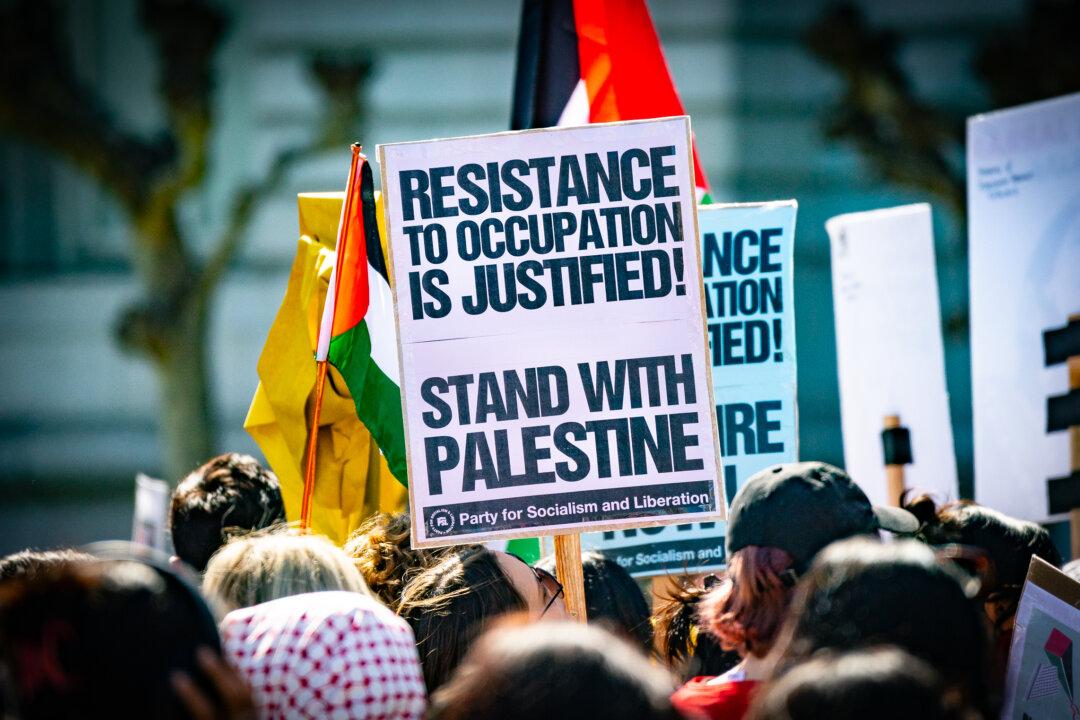Commentary
The right of workers to organize a union among themselves is properly viewed as a facet of the free market, not an interference with it. The matter of the extent to which an employer should be able to resist unionization—even to the point of firing employees and refusing to engage in collective bargaining—is something else again and is worthy of debate. But what should be beyond debate is the right to work without being forced to join a union as a condition of employment, the right of employers to make the absence of a union as attractive an alternative as possible, and the right of workers to be free of any sort of coercion to join a union.





